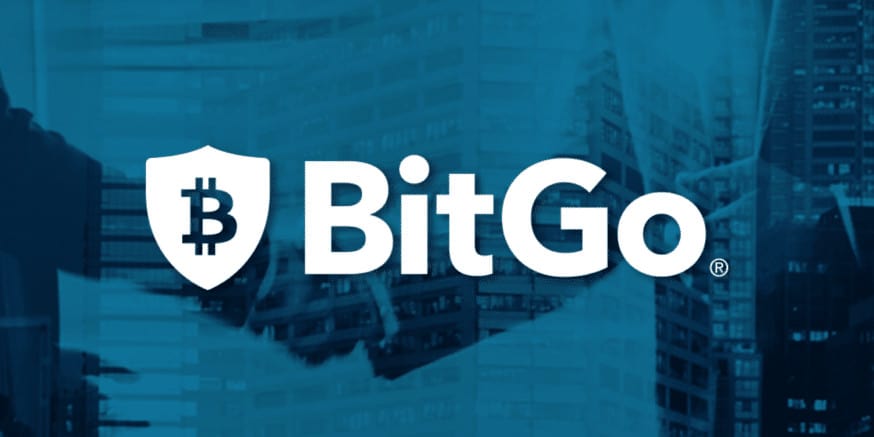Summary:
- Former BitGo Chief Technology Officer Ben Chan has joined Chainlink to build a two-layer expansion solution for this decentralized oracle network.
- The Threshold Signatures extension solution will aggregate data and send it to Chainlink customers through a transaction.
- Many projects are currently working to solve the recent high transaction fee problem of Ethereum.
 Chainlink announced today that Ben Chan, the former CTO of digital asset custody service provider BitGo, will serve as Vice President of Engineering at Chainlink Labs.
Chainlink announced today that Ben Chan, the former CTO of digital asset custody service provider BitGo, will serve as Vice President of Engineering at Chainlink Labs.
This appointment will help Chainlink build an expanded infrastructure for its decentralized oracle network, thereby reducing the gas cost of node operators and preparing for the growth of DeFi to new heights.
Chan will focus on building Chainlink’s two-layer extension solution, called threshold signature. The goal is to serve thousands of data customers across multiple blockchains.
Chan said to Decrypt: “I am very happy to be working on Chainlink and excited to help establish industry standards for decentralized oracles. Today, DeFi’s scalable, secure and reliable data infrastructure will become the release of smart contracts. The next fundamental building block of the future.”
Chainlink provides a decentralized network of data oracle nodes, which can send real data measurement results based on cryptocurrency prices or gas conditions to blockchain-based applications.
Automatic code blocks known as smart contracts (including code on Ethereum) use data to perform many activities that support the DeFi ecosystem, which is a set of “decentralized finance” protocols that provide financial services to crypto users. Chainlink provides data for many leading DeFi protocols, including derivatives platform Synthetix and stable currency Ampleforth.
“In my opinion, Chainlink is indeed going through an amazing stage,” Chan said in a recent Chainlink YouTube interview. “Seeing the huge growth in the provision of reference data infrastructure for DeFi, I think what’s better is that other industries and use cases have greater potential.”
As the former CTO of BitGo, Chan helped develop a multi-signature wallet solution that can now help the company facilitate more than 15% of Bitcoin transactions worldwide.
Threshold signatures are similar to the Optimistic Rollup being tested in other parts of the crypto world, and work by aggregating data provided by decentralized oracle providers. This reduces the number of transactions required to confirm that the data is accurate.
The threshold signature will aggregate the data from the nodes on the Chainlink network, and then send the verified data to the data user through a transaction, instead of multiple nodes sending data to the end customer separately. The result is that data providers have greatly reduced operating costs and have the ability to scale to accommodate thousands of new customers in many different blockchains.
The high cost of Ethereum has temporarily eased, but the next wave of Ethereum boom may push the current network to its limit. At that time, Chainlink’s data providers and customers may be happy to have in-house solutions to solve the data expansion problem of next-generation blockchain applications.










 Chainlink announced today that Ben Chan, the former CTO of digital asset custody service provider BitGo, will serve as Vice President of Engineering at Chainlink Labs.
Chainlink announced today that Ben Chan, the former CTO of digital asset custody service provider BitGo, will serve as Vice President of Engineering at Chainlink Labs.